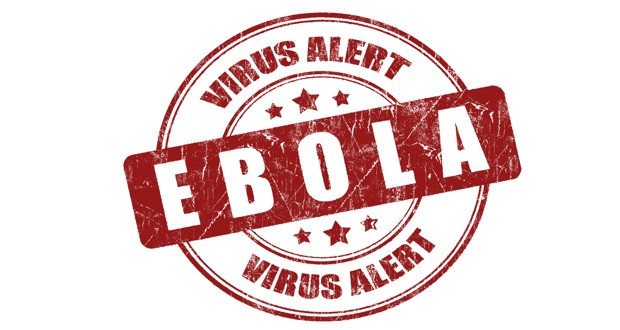Background
According to the World Health Organization, Ebola is a very severe and most often fatal virus that is transmitted from wild animals and spreads from person to person. The fatality of each case varies, but the average chance of death is about 50%, varying from 25% to 90%. The most recent outbreak in West Africa is historically the largest Ebola outbreak and was declared as a “Public Health Emergency of International Concern.”
The way in which Ebola first appeared in humans is yet to be identified, as the original host has not yet been discovered, but it is suspected by scientists that the first case occurred when a human came into contact with an infected animal or insect, such as a fruitbat. Ebola is most often fatal when it is left untreated and must be handled with great precaution and care.
Diagnosis & Treatment
The amount of time after a person comes into contact with Ebola until the onset of the symptoms, known as the incubation period, can be between 2 to 21 days. Ebola is very difficult to identify immediately as its early symptoms so often resemble those of other viral infections, such as, a fever, headaches, stomachaches and diarrhea. It can be misdiagnosed as typhoid, malaria and meningitis, making it difficult for doctors to accurately diagnose a patient as early as possible.
Most people who are infected with Ebola usually start showing signs from 8 to 9 days after the onset of the infection. In the later stages of Ebola, a patient’s eyes may start reddening, and they may start to vomit blood and have bloody diarrhea, due to internal and external bleeding.
Although no licensed treatment has been approved by the U.S. Food and Drug Administration, there are drugs that are still under study, especially ones that are being investigated closely. Additionally, there are no vaccines for Ebola, but there are oral and intravenous fluids being used to improve chances of survival in patients who have been diagnosed with Ebola. The National Institute of Health reports that there are vaccines that have proved to be effective on animals, but have not been tested on humans yet.
Those who do recover from Ebola develop antibodies that protect them from future infections for about about ten years.
Transmission
The thing to be most aware of is that being infected with Ebola is very unlikely unless you come into direct contact with an Ebola-infected patient’s bodily fluids, after they start displaying early symptoms. It is definitely not transmitted through touch, but if you have a cut and come into contact with the blood, saliva or other bodily fluids of an Ebola-infected individual, chances of transmission are greatly increased.
In Africa, the virus has spread very quickly possibly due to the handling of bushmeat, as well as contact with fruit bats.
Those who care for and provide healthcare to those infected with Ebola are often at a very high risk of contracting the virus as they are constantly coming into contact with the blood and other fluids of infected patients. This is why it is possible for Ebola to spread very quickly in medical facilities, unless strict measures are taken in order to prevent transmissions, such as protective equipment.
Prevention
Currently, there is a great deal that needs to be handled and maintained to contain Ebola. The community plays a critical role in this matter, as we must all be aware of what Ebola is and ways to protect ourselves against further transmission. Bodies of those who have died with Ebola are still infected with the disease and for this reason, must be handled with extreme care and precaution as the disease can still be transmitted.
For more information, keep constantly updated. Although Ebola has not affected our community, it does not do well to live completely out of the loop. As citizens of a global community, it is our responsibility to be conscious and informed of what goes on around the world.
Arya Bhai



